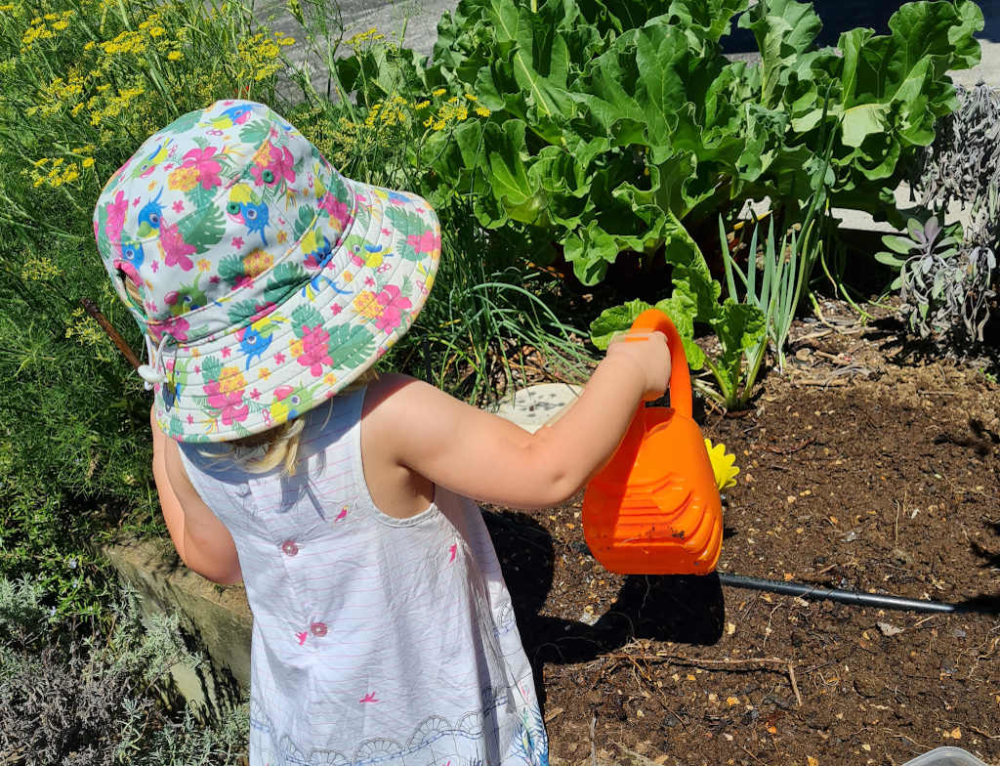We all know those meltdown moments where we are barely keeping it together ourselves! Here are 10 tips to deal with tantrums for parents of toddlers … and older kids.
Develop a strategy
Have a clear plan for how you will handle a tantrum in a range of situations, ie at home, out shopping, playing at friends’ houses. If a tantrum then occurs, remember to focus on your plan rather than the tantrum. This will help to keep you calm and in control.
Remind the child of what happened last time they misbehaved
If your child is old enough to understand, you can remind them of past experiences and the consequences of misbehaving.
Distract your child
Refocus their attention by calmly offering something else to do, see, eat or play with.
Big tantrums often develop from little tantrums
The faster you can intervene or distract your child from a tantrum the better.
Acknowledge their feelings
This aligns you with them and sets the stage for them to begin to work through their own problems. For example, setting up a chart for positive behaviour they need to work towards helps your child to focus on a positive goal.
When a preschool child throws a tantrum
Stay within the child’s sight but carry on normal activities without talking to them or acknowledging the tantrum.
Start a clean slate
Once a tantrum is over, the child is entitled to start over with a clean slate. Comfort may be given, but any original demands the child had should not be fulfilled. Otherwise, tantrums will become a way of life.
Stay strong
If a tantrum does happen you need to be strong. If you are out shopping, for example, leave the shopping basket where it is and take your child out to the car or somewhere quiet until the tantrum is over. They need to see they can’t hold you hostage to a situation.
Keep a diary
For a few days – when the tantrums happen – note what time of day, what you are doing and what your child is doing, when it happens. If it always happens around dinner, try letting your child have her dinner earlier, giving them a bath before dinner, letting them help you prepare the meal, or having some special time with them at this time of day.
If you are unable to stay near
If you are unable to stay near because you feel yourself losing control and are worried about what you may do, tell your child that you will be leaving the room for a short time but will be back soon to look after them. Make sure they are safe and have someone else stay with them if needed.







When my kids were little I found distraction to be a really good tool out of a tantrum. But when they were really melting down, it was often because they were tired, hungry or thirsty. If I could solve it quickly I would. But tired was usually a grin and bear it til we could escape to home.
I found that a good strategy was to remove the audience, there is no point performing if there is no one to watch, I have walked out of rooms and even walked away in shops, always staying within sight of the offending toddler to make sure that they were safe. It works (almost) every time and after they have snapped out of it, we then have a talk about the situation, in toddler terms, to come to a resolution. My kids really didn’t throw tantrums many times using this strategy
Tantrums change as the age changes I’ve found. Sometimes its really hard to keep calm all the time so I really like the note about taking yourself out of the situation for a while – this can be the best thing to do, that way you can’t loose control or your anger gets out of control and ending up making the situation worse.
Distraction is definitely a good strategy for us and often works when we are out and about. It would be interesting to keep a diary – may have to try this.
Keeping a diary looks helpful. I found a strategy from Daniel Tiger (a kids show) that worked with my son. “Stomp 3 times and it will make you feel better” in a sing song. So when my son gets upset now I ask him to go to a quiet place and sing, and do this. Then he comes back and I we sometimes talk about it, or he says he feels better. It has been helpful to avoid the tantrums.
My 6 year old only actually had about 2 full blown tanties when she was a toddler, I just walked away from her when it happened and let her calm. She was really pretty good when she was younger (lucky for me). BUT my son who is now 25 was a different story! He was a pocket rocket and used to have tanties often. I usually had the same way of dealing and would walk away 🙂
Our lovely daughter is at the ‘Terrific twos’ stage. I’ve always been mindful of not labelling her as ‘terrible’ or ‘naughty’ as it is such a full on age for little people. Our daughter has developed a great vocabulary so we seem to avoid a lot of frustration as she is able to communicate well and we are able to communicate well with her. So far so good, she’s not yet had a tantrum at 28 months and hopefully will continue on this path.